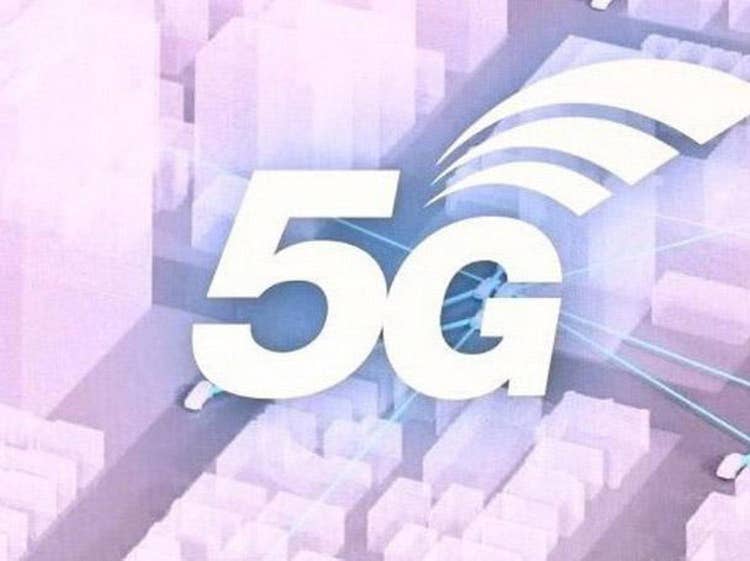AT&T, Verizon To Postpone 5G Infrastructure Rollouts Near Major U.S. Airports
Following an ongoing battle with the FAA, two carrier giants agreed to postpone their planned rollouts of C-Band-powered 5G services near airports to give the agency more time to study potential interference between the mid-band 5G technology and aviation systems.

The two largest wireless carriers in the U.S. have agreed to postpone their planned rollouts of 5G infrastructure near airports following a December request from the Federal Aviation Administration (FAA).
AT&T and Verizon, as well as the Federal Communications Commission (FCC) have been locked in an ongoing battle with the FAA over the two carrier’s planned launches of their mid-band 5G service. The FAA and U.S. Transportation Secretary Pete Buttigieg asked AT&T and Verizon to delay deployments until January 5, citing concerns over interference from 5G C-band transmissions near airports that could affect the accuracy of an airplane’s radio altimeter, which could limit guided landing systems for aircraft.
The FAA said it would use the extra time to identify priority airports, notify flights, and line up alternate methods of compliance.
Prior to the latest extension, the two carriers had already agreed to a 30-day delay request and to reduce the power of their signals. AT&T and Verizon initially turned down the January 5 request with plans to avoid deployment around specific, unnamed airports for the next six months, according to reports from Bloomberg and Reuters.
AT&T and Verizon on Monday evening, however, reached a new agreement with aviation industry regulators for a two-week delay on the activation of their C-band 5G services. Dallas-based AT&T, for its part, also agreed to reduce network power around airports for the next six months to give regulators time to study potential interference, which is being put into practice in France right now.
“At Secretary [of Transportation Pete] Buttigieg’s request, we have voluntarily agreed to one additional two-week delay of our deployment of C-Band 5G services,” an AT&T spokesperson said in a statement. “We also remain committed to the six-month protection zone mitigations we outlined in our letter. We know aviation safety and 5G can co-exist and we are confident further collaboration and technical assessment will allay any issues.”
A spokesperson for Basking Ridge, N.J.-based Verizon said the two-week delay “promises the certainty of bringing this nation our game-changing 5G network in January delivered over America’s best and most reliable network.”
Both carriers had plans to launch its new mid-band 5G services in U.S. cities on Wednesday following the FCC auction in February 2021 that sold the two carriers rights to use C-band frequencies for more nearly $70 billion.
The FAA thanked the wireless carriers in a statement. “Safety is the core of our mission and this guides all of our decisions,” the agency said. “We look forward to using the additional time and space to reduce flight disruptions associated with this 5G deployment.”
5G technology was put into practice in 2021 as the country’s largest carriers built out their 5G networks and extended service into new cities and regions, making it a viable option for the first time with consumers and enterprise users alike. Verizon at the start of last year pledged to aggressively grow its 5G footprint and “nearly double” the amount of Verizon 5G availability in the U.S. during 2021. The Verizon 5G Ultra Wideband network is live in more than 71 major U.S. cities.
AT&T, for its part, said its low band 5G network reaches more than 250 million Americans in 14,000 U.S. cities and towns. Its 5G+ service, which uses millimeter-wave spectrum, is available in 38 cities.